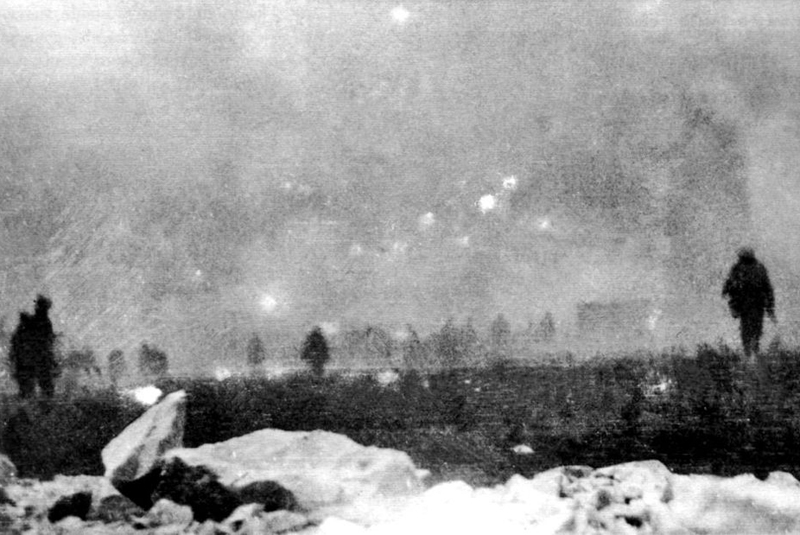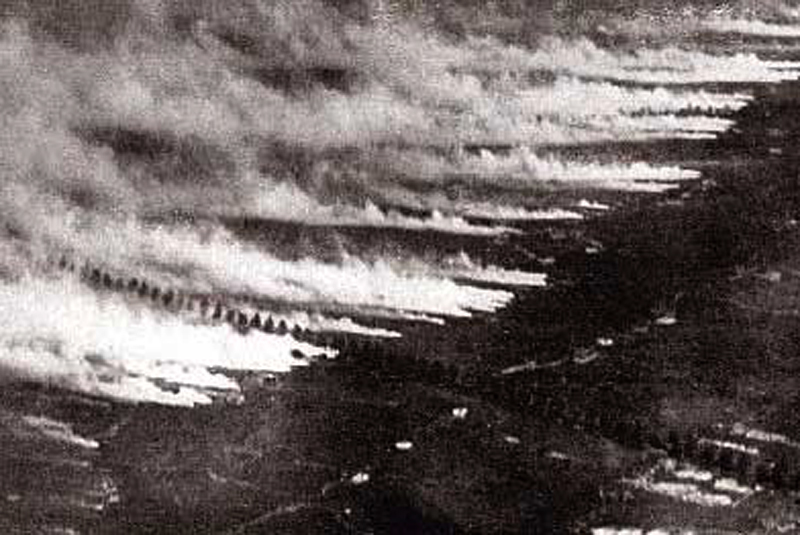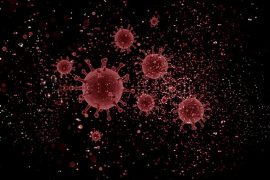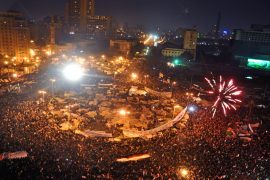The first large-scale use of chemical weapons occurred 100 years ago at Ypres in Belgium. Its passing gives us all cause for reflection on the dreadful horrors of war – but more specifically on those that arise from chemical weapons.
At a commemoration of the April 1915 incident, the Secretary-General of the Organisation for the Protection of Chemical Weapons emphasised that “chemical scientists must use chemistry only for the benefit of mankind and chemicals must never again be used to do harm.”
The event also saw a new Ypres Declaration, which commits the organisation to removing all chemical weapons, as well as calling for all countries that have not done so to sign and ratify the Convention on Chemical Weapons. It also emphasises the huge importance of ethically used chemicals and chemistry to the lives of all of us.
I am the president of the European Association for Chemical and Molecular Sciences, which represents some 160,000 chemists in Europe and beyond. We recognise that as chemists, we have the ability to make, control and deactivate chemical weapons – and that it is incumbent on us to use these skills only for ethical purposes.
We have a particular responsibility to stand up and call for an end to the use of chemical weapons and for the destruction of all stockpiles.
Holdouts

The task is enormous. These weapons have remained in circulation even though the world has long acknowledged that they have no place in modern civilisation.
They were first banned by the Geneva Protocol of 1925, but the current regime is framed by the Convention on the Development, Production, Stockpiling and Use of Chemical Weapons, adopted in Geneva in 1992.
Signatories to this treaty have to reveal what, if any, stocks of chemical weapons they hold. They are then given help to destroy any stockpiles, delivery systems or manufacturing facilities. For early signatories, a deadline of April 29, 2012, was set for the destruction of stockpiles.
Of the 196 nations in the world, only four have not acceded to the convention: Angola, Egypt, North Korea and South Sudan. Israel has signed but not ratified the treaty, meaning that it has not declared its position; Myanmar (Burma) recently ratified it. (Taiwan, not being a recognised nation, is not included in the convention.)
It is known that some of these countries, notably Egypt, North Korea, Israel and Burma have or have had the ability to make and supply chemical weapons. And although Russia and the US have worked to destroy their very large stockpiles or make them unavailable, they have not finished doing so.
The most recent signatory to the convention is Syria, which used chemical weapons against its own people in 2013. An agreement was reached with the OPCW that other countries, mainly Russia and the US, would remove and destroy chemical weapons by mid-2014.
By now, almost all are believed to have been destroyed – yet despite this, it is clear that barrel bombs containing chlorine, one of the agents used in Ypres in 1915, are still being dropped on inhabited areas.
Everyday substances
Chlorine is used in almost all countries as a water additive. It allows us to drink tap water without contracting typhoid or other diseases that were rampant before its use. Barrels of chlorine will be held by every water purification plant for perfectly benign purposes, but in the wrong hands, they can become weapons of mass destruction.
Phosgene, the other agent used in the April 1915 attack, is a key intermediate in the production of the tough, transparent polycarbonates and in the production of methyl isocyanate for making polyurethanes. But the devastating risks of its ineffective containment were made plain in the 1984 tragedy at Bhopal in India, where the failure of a methyl isocyanate plant is believed to have led to the release of hydrogen cyanide and phosgene. The Indian government estimates that around 15,000 people were killed.
Meanwhile, some potential chemical agents are effective weapons because they attack fast-growing cells like those in mucous membranes. But many of these agents have found use as anti-cancer drugs, since cancer cells are also faster-growing than normal cells – again meaning that they are on the market as substances with legitimate uses.
Stand up
Ultimately, it is chemists and their knowledge who stand between these chemicals and states and forces that want to use them for lethal ends.
As president of the European Association for Chemical and Molecular Sciences (EuCheMS), I call on all chemists worldwide to denounce chemical weapons and refuse to do any work on them other than on their control and deactivation. EuCheMS supports the efforts of the OPCW and urges it to redouble its efforts to remove the scourge of chemical weapons permanently from our planet.
I also urge all chemists involved in the peaceful and legitimate use of chemicals that can be chemical weapons themselves or can be precursors to them, to ensure that all supplies are stored in terrorist-proof ways.
Only if chemists use their skills and knowledge this way will we have any hope of stopping the repeat of what’s happening in Syria – and what happened at Ypres 100 years ago.
This article was first published in The Conversation.
-30-
Copyright©Madras Courier, All Rights Reserved. You may share using our article tools. Please don't cut articles from madrascourier.com and redistribute by email, post to the web, mobile phone or social media.Please send in your feed back and comments to [email protected]











